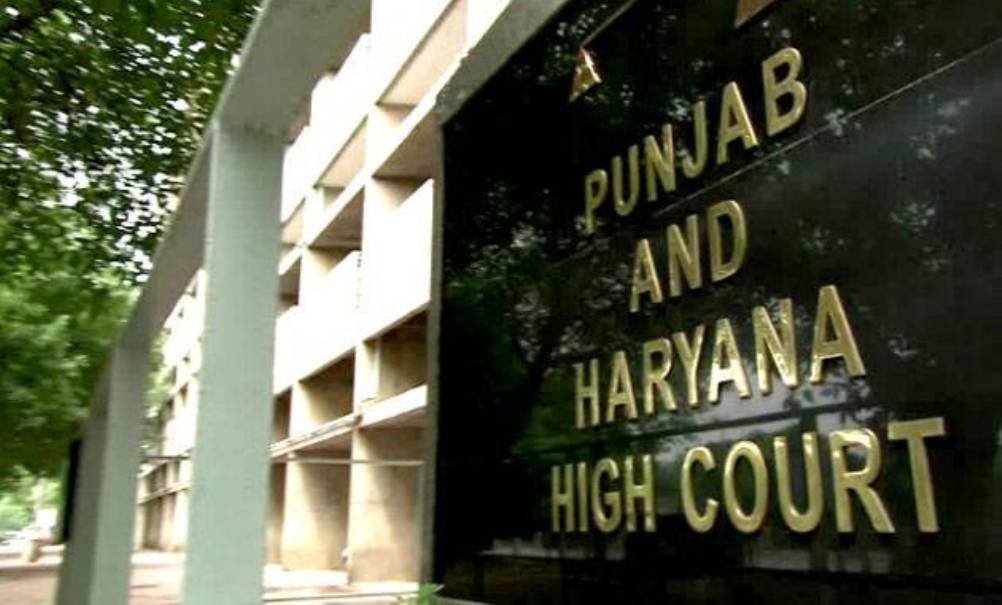Kareena Eugene
The Punjab and Haryana High Court made it clear that, Courts must not interfere once the Bank proceeds under the SARFAESI (The Securitisation and Reconstruction of Financial Assets and Enforcement of Securities Interest) Act, to recover money from the defaulter.
The best alternative for a firm is to approach the Debt Recovery Tribunal.
A petition was filed by an Amritsar based firm against City Union Bank Limited and another respondent, which sought to quash the ‘demand notice’ dated 3rd July 2019, under the SARFAESI Act.
Directions for quashing possession notice dated 18th September 2019, on the ground that the parties were ready to resolve the dispute by way of one-time dispute settlement, as a prospective buyer had given consent to purchase a property, was also sought after.
The petitioner was a defaulter, and ₹7,12,90,740 was outstanding towards it as against a total loan of ₹7.05 crore taken at various intervals of time.
On 30th September 2018, the petitioner-firm was declared a non-performing asset and not a single penny was paid thereafter. Accordingly, the only way for the respondent-Bank to secure the amount lent was by initiating proceedings to recover the money.
The Bench stated that it was of the opinion that the present petition was liable to be dismissed.
The Bench further stated that, “Once that it so, we do not see how the present petition is maintainable, as the petitioner-firm expects us to interfere in the due process of law adopted by the bank at this stage when the possession has been taken way back on September 18, 2019”.
Taking reference from a Supreme Court’s judgement, the Bench held that, ‘the SARFAESI Act is a complete code in itself, and the High Court ought not to have entertained a writ petition in view of alternate remedies’.

